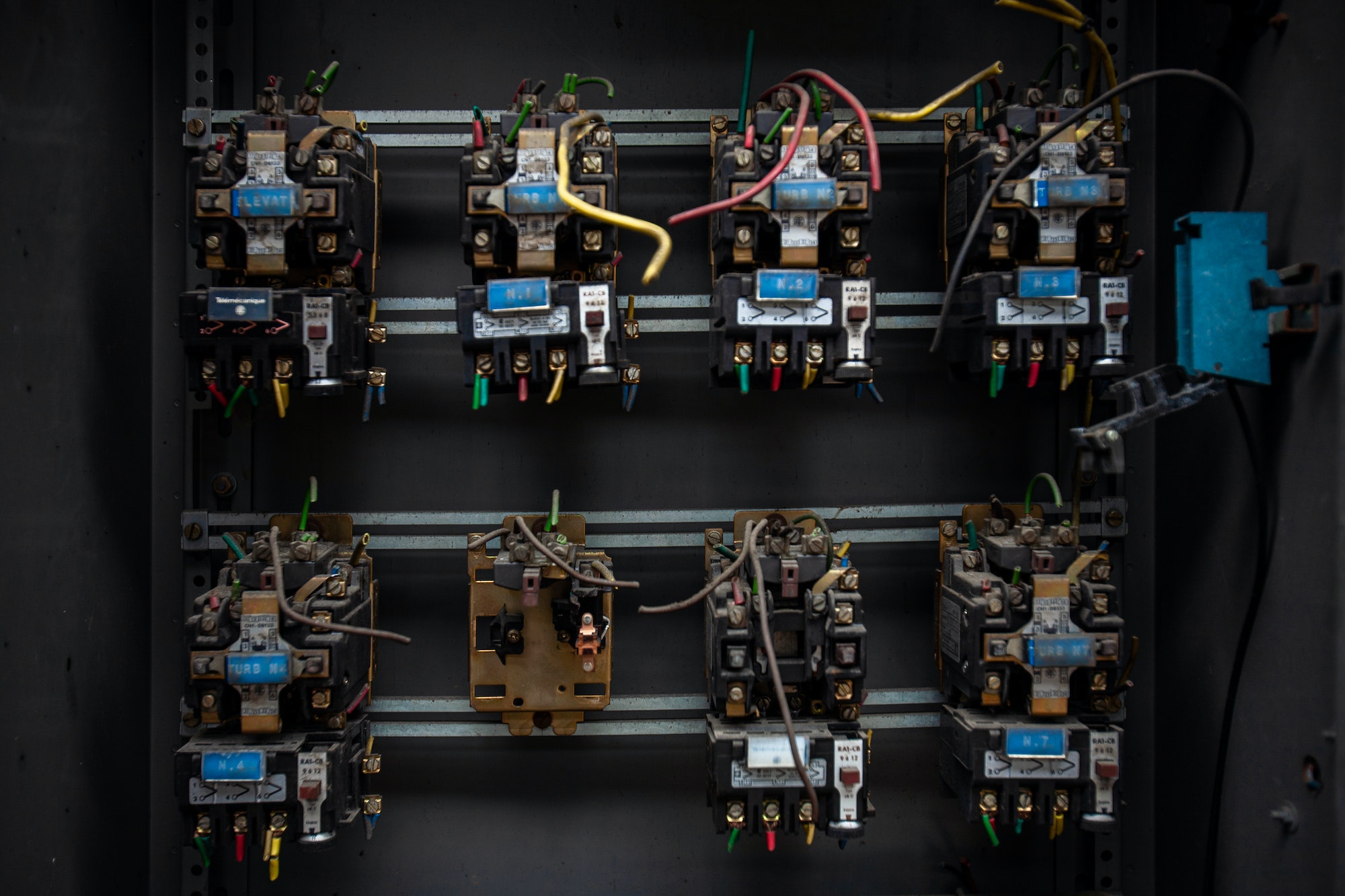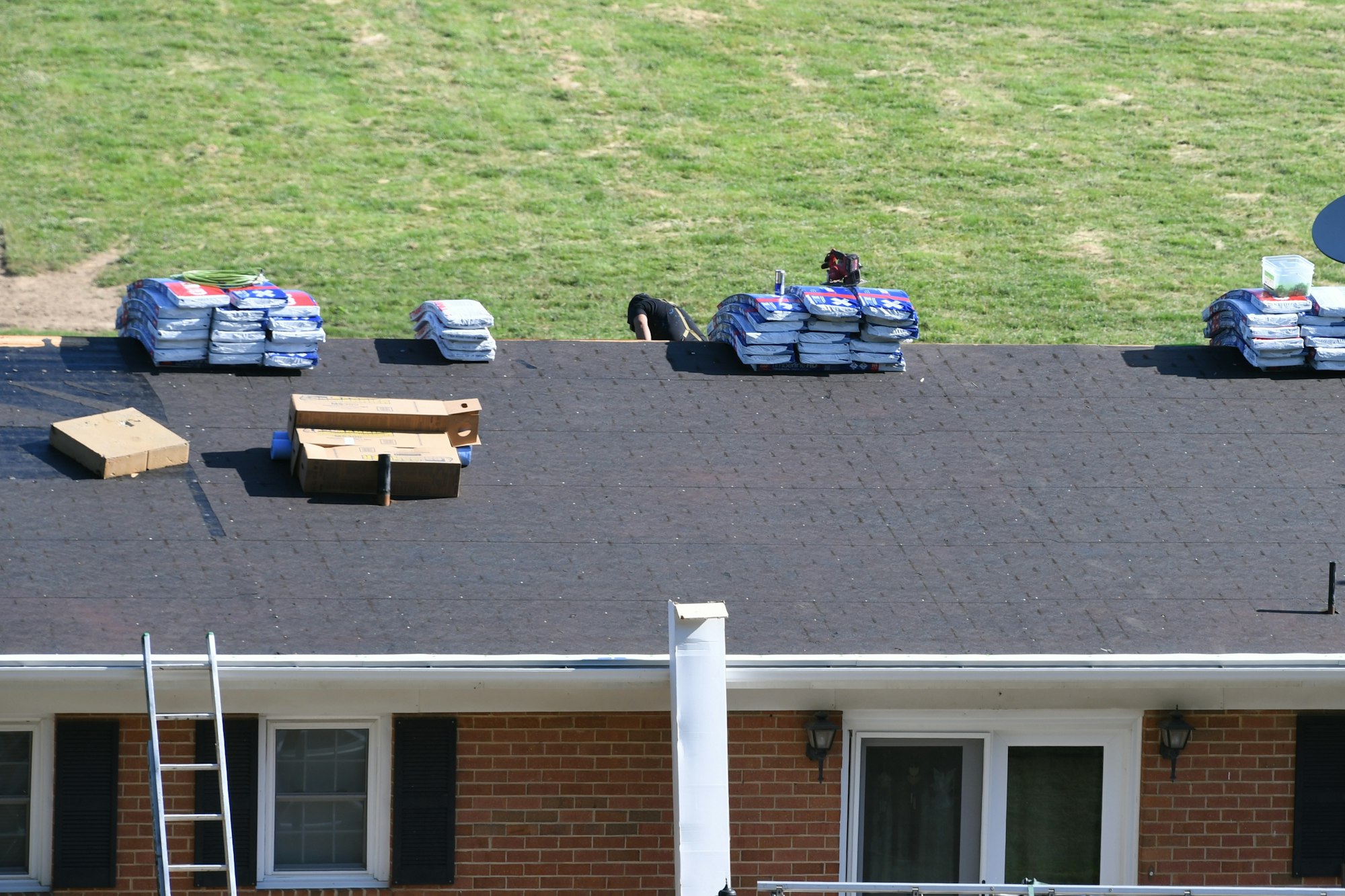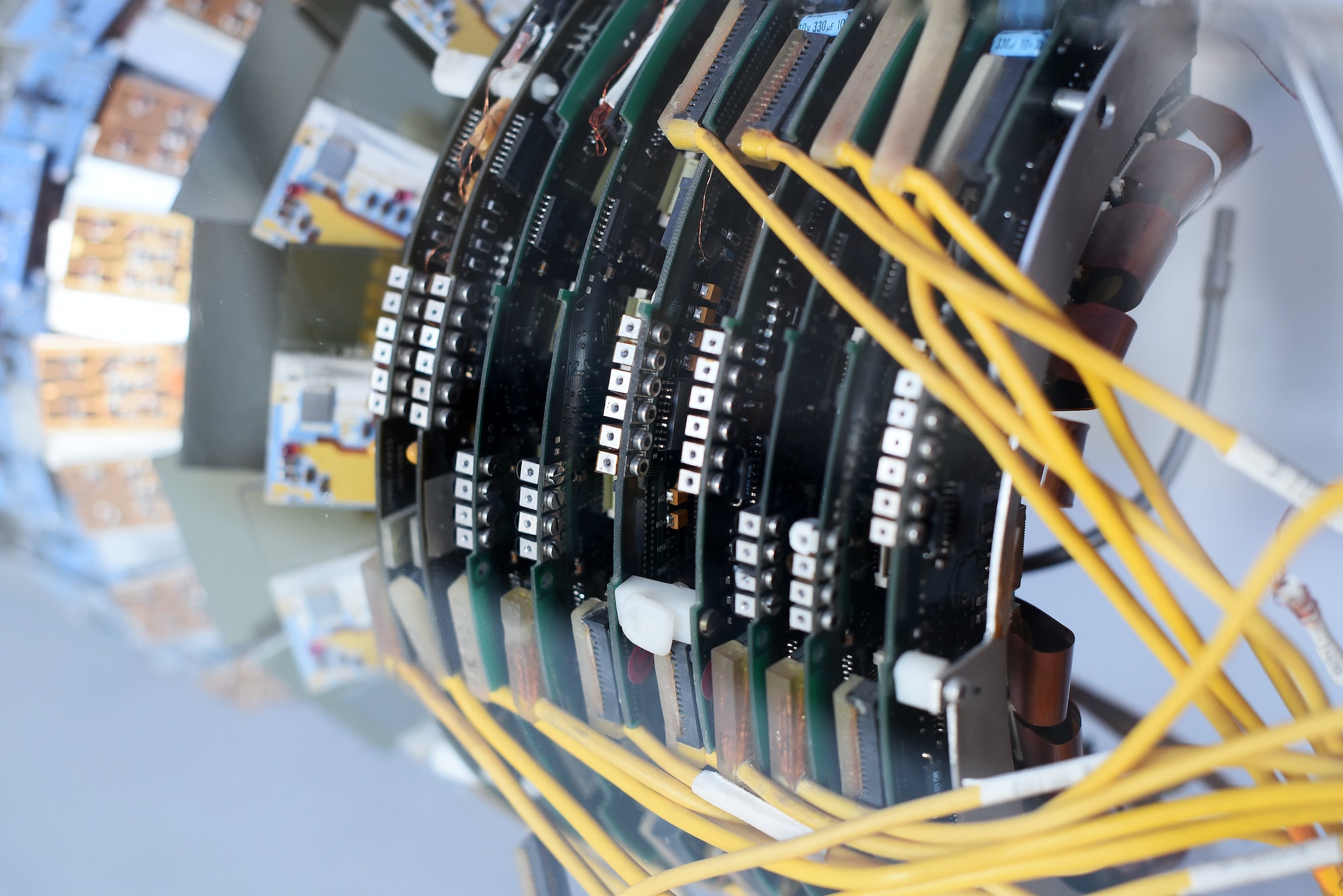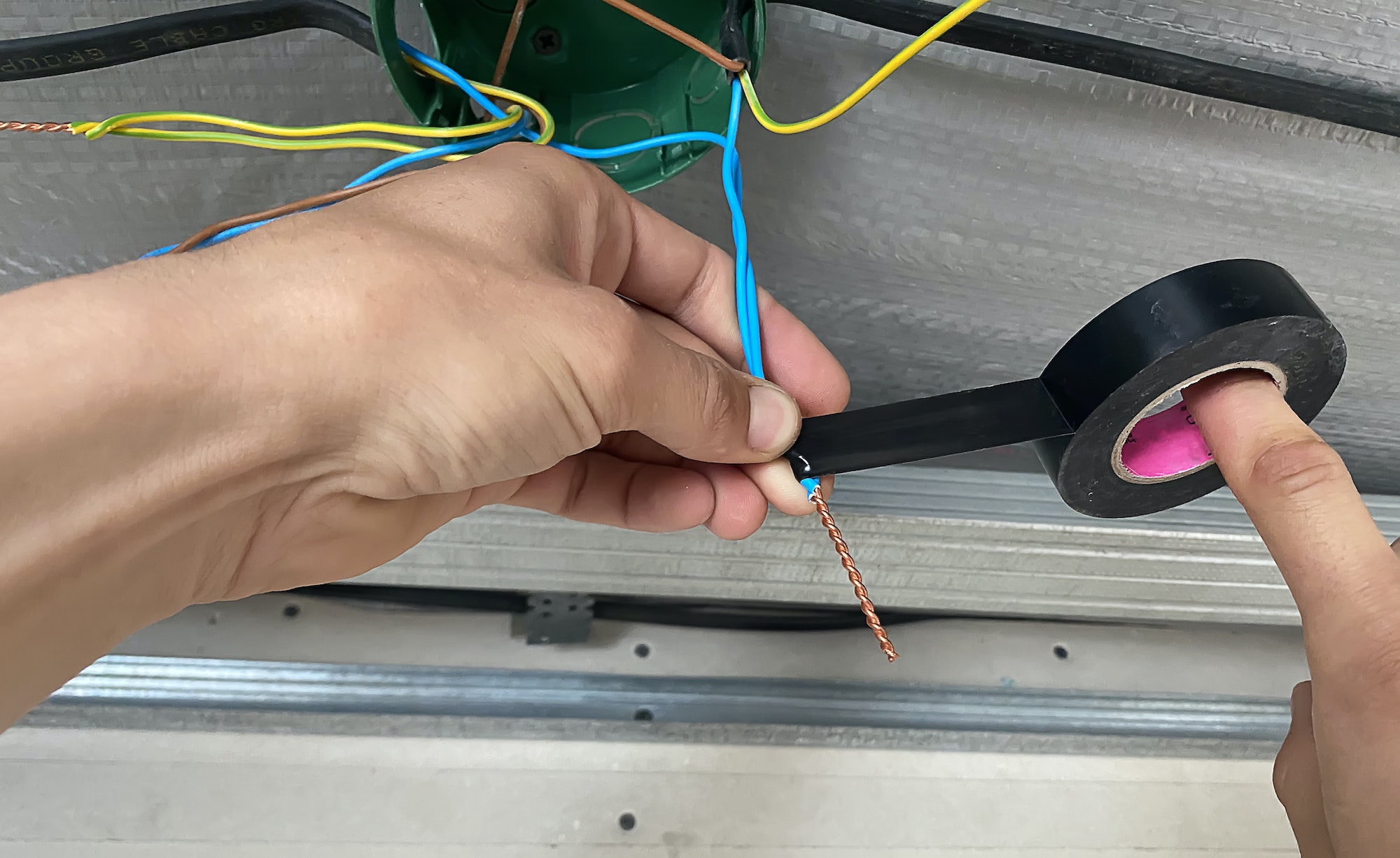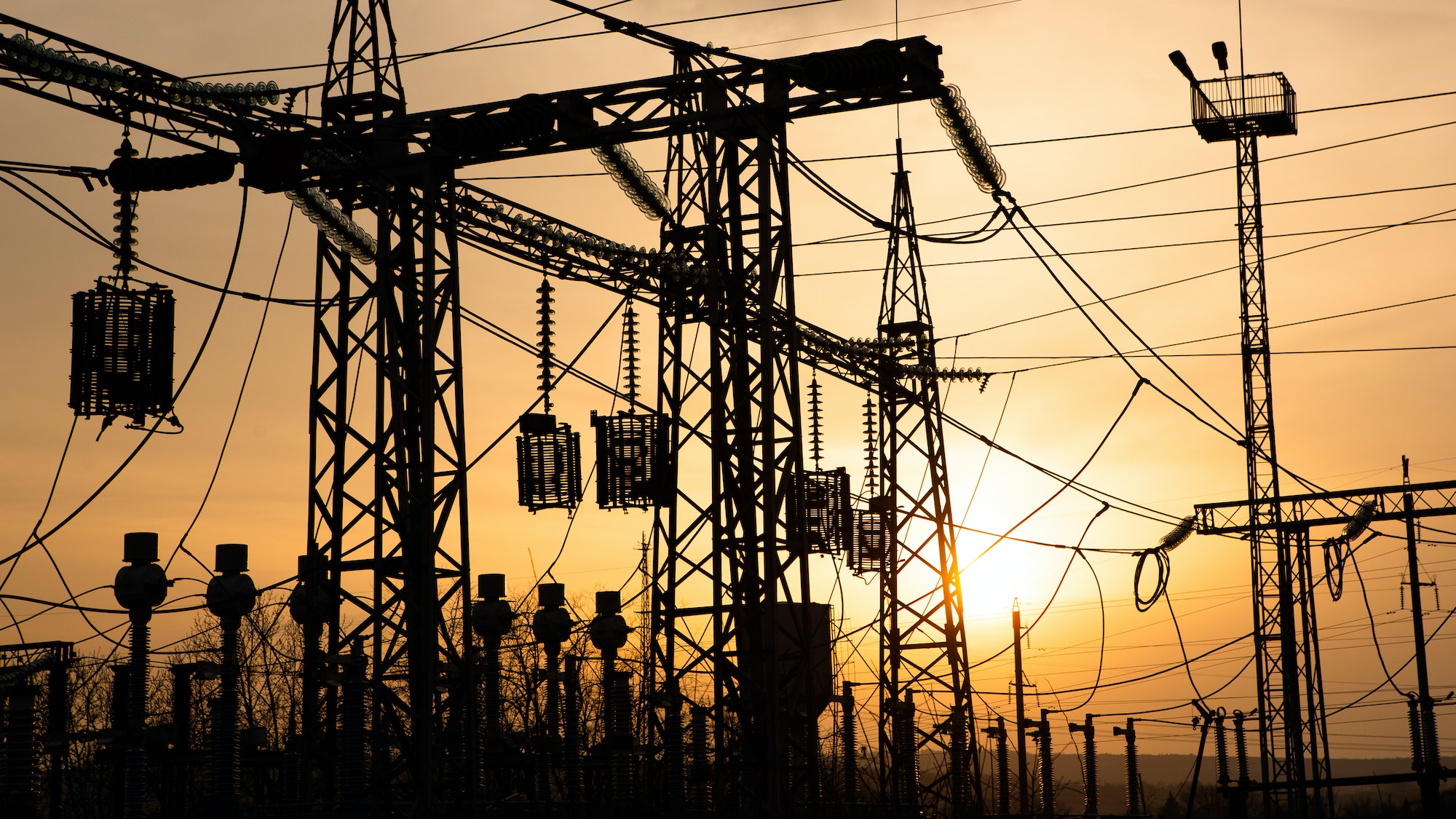Electrical Circuit Breakers: Guardians of Safety or Mere Switches? Unveiling the Power and Purpose Within
In the intricate world of electricity, where currents surge, and power flows, the role of electrical circuit breakers is often underestimated. Are these devices mere switches, or do they hold a more profound purpose in our homes and industries? This article embarks on an illuminating journey, delving into electrical circuit breakers’ realm and deciphering their significance, functionalities, types, and the vital role they play in safeguarding our modern lives.
Electrical Circuit Breakers: Unmasking the Guardians of Power Safety
In a world that thrives on electricity, safety takes center stage. Electrical circuit breakers are unsung heroes, standing between us and potential hazards that could arise from electrical overloads, short circuits, and faults. These unassuming devices hold the power to avert disasters and keep our daily routines humming along smoothly.
The Essence of Electrical Circuit Breakers: Understanding Their Purpose
- Safety First: The primary function of electrical circuit breakers is to protect people and property from electrical hazards. When an electrical fault occurs, a circuit breaker instantly interrupts the flow of electricity, preventing potential fires, shocks, or equipment damage.
- Disrupting the Flow: Circuit breakers also serve as automatic switches that can be turned off manually. They sense abnormal electrical conditions and break the circuit to halt the flow of electricity, effectively preventing further damage.
- Overload Prevention: Overloading a circuit can lead to overheating and fires. Circuit breakers monitor the current passing through a circuit and trip when the current exceeds safe levels, cutting off the power supply to the circuit.
- Swift Response: Circuit breakers react within milliseconds to faults, ensuring rapid intervention and minimizing the risk of extensive damage.
Diverse Types of Electrical Circuits Breakers: Navigating the Choices
- Miniature Circuit Breakers (MCBs): Commonly used in residential settings, MCBs protect individual circuits. They trip when the current exceeds a specified level.
- Molded Case Circuit Breakers (MCCBs): These industrial-grade breakers offer higher current ratings and are used in commercial and industrial setups to protect larger equipment.
- Ground Fault Circuit Interrupters (GFCIs): Primarily used in areas where water is present, GFCIs detect imbalances in electrical currents and trip to prevent shocks.
- Arc Fault Circuit Interrupters (AFCIs): Designed to prevent fires, AFCIs detect dangerous arcing conditions in circuits and trip to cut off the power.
- Residual Current Circuit Breakers (RCCBs): Also known as Earth Leakage Circuit Breakers (ELCBs), RCCBs detect current leakage to the earth and interrupt the circuit.
Maintenance and Tips for Optimal Performance
- Regular Testing: Periodically test circuit breakers to ensure they trip as expected. Follow manufacturer guidelines for testing procedures.
- Labeling: Properly label circuit breakers in electrical panels to easily identify the circuit they protect.
- Avoid Overloading: Distribute electrical loads evenly across circuits to prevent overloading, which can lead to tripping.
- Replace Faulty Breakers: If a circuit breaker trips frequently or shows signs of wear, replace it promptly to maintain safety.
Looking Beyond the Surface: The Role of Circuit Breakers in Modern Life
- Residential Protection: Circuit breakers shield our homes from electrical hazards, ensuring a safe living environment for our families.
- Commercial and Industrial Operations: Industries rely on circuit breakers to safeguard complex equipment, prevent downtime, and maintain productivity.
- Critical Infrastructure: Circuit breakers are critical in ensuring the continued flow of essential services in everything from hospitals to data centers.
- Electrical Codes and Standards: Circuit breaker installations adhere to rigorous electrical codes and standards, ensuring uniform safety practices.
Unveiling Further Insights into Electrical Circuit Breakers
As we delve deeper into the realm of electrical circuit breakers, new layers of knowledge emerge, shedding light on their intricacies and expanding their significance. In this extended exploration, we venture further into the world of circuit breakers, exploring their application in renewable energy systems, understanding their role in residential and industrial settings, addressing environmental considerations, and offering practical maintenance tips.
Empowering Renewable Energy: Circuit Breakers in the Green Revolution
In the era of sustainable energy, electrical circuit breakers play a crucial role in harnessing the power of renewables:
- Solar Systems: Circuit breakers are essential components in solar energy systems. They ensure the safe integration of solar panels into the electrical grid and protect against overcurrent conditions.
- Wind Farms: Circuit breakers facilitate the connection of wind turbines to the grid. They manage the variable power output of turbines and safeguard against grid disturbances.
- Battery Storage: Circuit breakers are vital for storing excess energy in battery systems. They prevent overcharging, overheating, and other potential hazards.
Circuit Breakers in Residential and Industrial Sectors: Navigating Diverse Needs
- Residential Safety: In homes, circuit breakers serve as the first line of defense against electrical hazards. They protect individuals and property from overloads and short circuits, ensuring a safe living environment.
- Industrial Operations: Industries rely on circuit breakers to safeguard critical equipment and prevent downtime. Large-scale machinery, data centers, and manufacturing processes all benefit from circuit breaker protection.
- Commercial Ventures: Circuit breakers maintain power stability and ensure uninterrupted business operations from office buildings to retail spaces.
Eco-Friendly Circuit Breakers: Addressing Environmental Concerns
- Energy Efficiency: Modern circuit breakers are designed with energy efficiency in mind. They minimize energy loss and waste, contributing to overall energy conservation.
- Recycling: Circuit breakers contain valuable materials like copper and aluminum. Proper recycling at the end of their lifecycle helps reduce waste and promote sustainability.
- Eco-conscious Design: Manufacturers increasingly focus on eco-friendly materials and production processes, aligning with global efforts to minimize environmental impact.
Ensuring Circuit Breaker Performance: Practical Maintenance Tips
- Regular Inspections: Conduct routine visual examinations to spot any symptoms of deterioration, corrosion, or damage. Address any problems as soon as they appear.
- Testing Frequency: Follow recommended testing schedules to ensure that circuit breakers trip within the specified time limits. This guarantees their proper functionality.
- Proper Labeling: Clearly label circuit breakers in electrical panels to quickly identify the circuits they protect. Proper labeling simplifies troubleshooting and maintenance.
- Temperature Considerations: To avoid having circuit breakers operate poorly, make sure they are not exposed to high temperatures. Avoid installing them in areas prone to excessive heat or cold.
The Evolving Landscape: Smart Circuit Breakers and the Digital Age
As technology advances, circuit breakers are adapting to the digital era:
- Smart Features: Smart circuit breakers offer remote monitoring and control capabilities. They provide real-time data on energy usage, circuit status, and potential issues.
- Predictive Analytics: By analyzing data, smart circuit breakers can predict potential faults or failures, allowing for proactive maintenance and minimizing disruptions.
- Load Management: Smart circuit breakers optimize energy consumption by managing electrical loads. This contributes to energy efficiency and cost savings.
Answering Curiosities: FAQs about Electrical Circuit Breakers
Q1. Can I install a circuit breaker myself?
A: While some minor installations may be feasible for knowledgeable individuals, seeking professional assistance is recommended, especially for complex installations or repairs.
Q2. Can circuit breakers protect against lightning strikes?
A: While circuit breakers are not designed to protect against lightning strikes, surge protectors can help safeguard against voltage surges caused by lightning.
Q3. Can a circuit breaker be reset remotely?
A: Traditional circuit breakers are manually reset, but some advanced smart circuit breakers offer remote control and reset capabilities.
Q4. What is an AFCI circuit breaker?
A: An Arc Fault Circuit Interrupter (AFCI) breaker is designed to detect dangerous arcing conditions that could lead to electrical fires. It trips to prevent fires.
Q5. Are circuit breakers required for low-voltage circuits?
A: While not always required, circuit breakers are recommended for low-voltage circuits to protect against overloads and short circuits.
Conclusion: Illuminating the Unseen Protectors of Power
As our understanding of electrical circuit breakers deepens, so does our appreciation for their crucial role in our lives. These unsung heroes are more than just components; they are the guardians of safety, stability, and progress in the world of electricity. From residential spaces to industrial hubs, from the renewable energy revolution to the digital age, circuit breakers continue to evolve, adapt, and safeguard our dynamic electrified existence. Let us honor these unseen protectors, acknowledging their significance in maintaining the power that fuels our modern world. Visit our website ContractorHomeQuotes.com to learn more.

